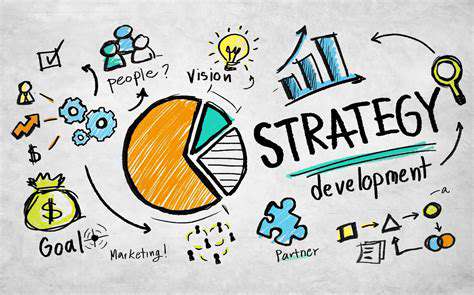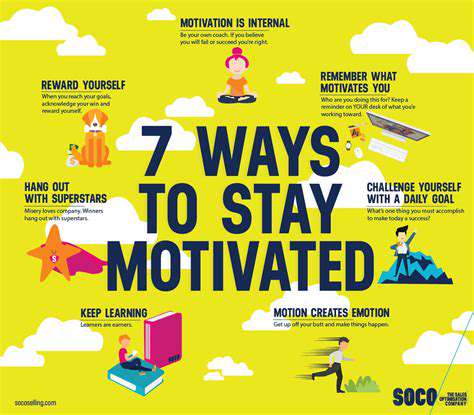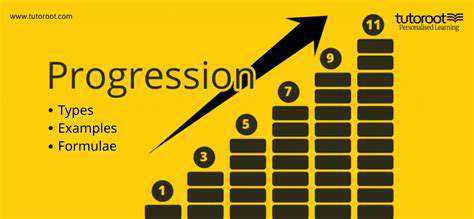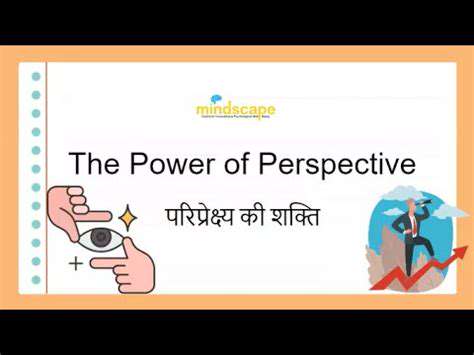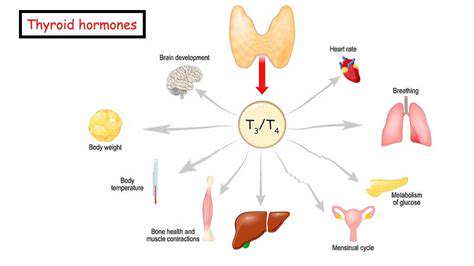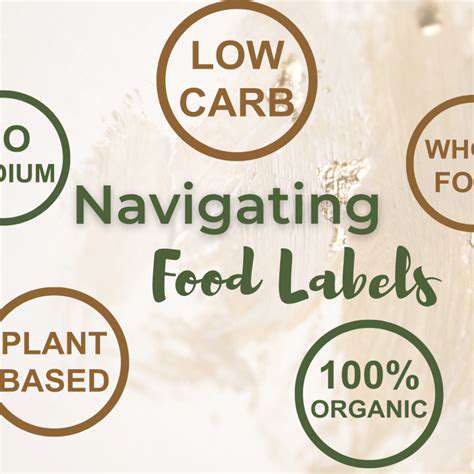How to Build a Habit of Reflection
Discovering your niche is crucial for personal and professional growth. It involves identifying your unique skills, interests, and passions, and then finding a community or group of people who share those same interests. This process allows you to connect with like-minded individuals, exchange ideas, and collaborate on projects that align with your goals.
Integrating Reflection into Your Daily Life
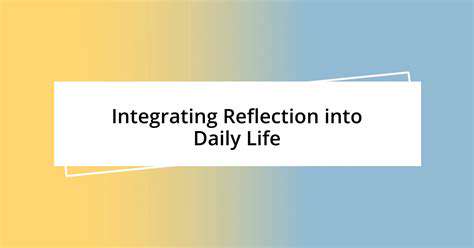
Understanding the Purpose of Reflection
Reflection is a crucial component of personal and professional growth. It's a process of actively thinking about your experiences, actions, and outcomes to identify what worked well, what could be improved, and what you've learned overall. This introspection allows you to gain valuable insights and develop a deeper understanding of yourself and your work. It's more than just recalling events; it's about analyzing them critically and drawing meaningful conclusions.
By engaging in reflection, you can identify patterns, pinpoint areas for development, and ultimately make more informed decisions in the future. This proactive approach to learning and growth is essential for success in any field.
Different Types of Reflection
There are various approaches to reflection, each with its own strengths. Journaling, for example, involves writing down your thoughts and feelings about an experience. This provides a tangible record of your reflections. Another common method is structured reflection prompts, which encourage you to consider specific aspects of an event or situation. These prompts can help you explore different perspectives and deepen your understanding.
The Benefits of Regular Reflection
Integrating reflection into your routine offers a wide range of benefits. Improved decision-making is a key advantage, as you gain a clearer understanding of your strengths and weaknesses. This awareness allows you to make more thoughtful and effective choices in the future. Furthermore, reflection fosters a deeper understanding of yourself and your motivations, which can lead to increased self-awareness and more meaningful interactions with others.
Reflection for Problem Solving
Reflection plays a vital role in problem-solving. By analyzing past experiences, you can identify recurring challenges and develop strategies to address them more effectively in the future. This proactive approach allows you to anticipate potential issues and develop preventative measures. Reflection also helps you understand the root causes of problems, moving beyond superficial solutions to address the core issues.
Reflection in Professional Settings
Reflection is incredibly valuable in professional contexts. It allows you to analyze your performance, identify areas for improvement, and develop new skills. This process is essential for career advancement and professional development. By reflecting on successes and failures, you can identify patterns and learn from your experiences, leading to more effective and efficient work practices in the future.
Reflection and Emotional Intelligence
Reflection is intrinsically linked to emotional intelligence. It helps you understand and manage your own emotions, as well as recognize and respond to the emotions of others. By reflecting on your emotional reactions to situations, you can develop greater self-awareness and empathy, leading to more effective communication and stronger relationships. This awareness also helps you understand the emotional impact of your actions on others.
Integrating Reflection into Daily Life
Integrating reflection into your daily routine doesn't require a significant time commitment. Even a few minutes each day dedicated to reflecting on your experiences can yield substantial benefits. Start by identifying a quiet space where you can focus and reflect without distractions. Consider using a journal or simply taking a few moments to think about your day and the key lessons learned. This consistent practice will help you reap the long-term rewards of reflection, leading to continuous growth and development.
Overcoming Obstacles and Maintaining Momentum
Identifying and Addressing Obstacles
One of the significant hurdles in cultivating a habit of reflection is the inherent difficulty in carving out dedicated time for introspection. Our daily schedules are often packed with tasks and responsibilities, making it challenging to prioritize quiet contemplation. We might feel overwhelmed by the sheer volume of experiences needing processing, leading to procrastination and a sense of being lost in the whirlwind of daily life. It's crucial to recognize these obstacles as normal and develop strategies to overcome them, rather than feeling discouraged by their presence.
Another common obstacle is the fear of confronting uncomfortable truths. Reflection often unearths difficult emotions, past regrets, and areas needing improvement. This can be a daunting prospect, leading to avoidance. However, confronting these challenges head-on is essential for genuine growth and self-awareness. Acknowledging and processing these feelings, even if painful, is a vital part of the reflection process and ultimately fosters resilience and a deeper understanding of oneself.
Sustaining Momentum and Cultivating Consistency
Maintaining a consistent habit of reflection requires conscious effort and a proactive approach. Simply scheduling time for reflection isn't enough; it's crucial to create a supportive environment that encourages introspection. This might involve finding a quiet space, turning off distractions, and setting aside dedicated time each day or week for this important practice. It's also helpful to establish a routine that signals to your mind that it's time for reflection, such as a specific time of day or a particular location.
Consistency is key, and it's often easier to maintain momentum when you see tangible results. Keeping a journal or using a reflection app can help you track your progress and identify recurring themes or patterns in your thoughts and feelings. Recognizing these patterns can offer valuable insights into your behavior and decision-making processes, fostering a deeper understanding of yourself and your motivations. This awareness, in turn, can help you make more conscious choices and achieve your goals more effectively.
Reflecting on your successes, no matter how small, is just as important as acknowledging areas needing improvement. This positive reinforcement can boost your confidence and motivation, helping you stay committed to your reflection practice over time. Celebrate your progress, learn from your setbacks, and remember that building a habit of reflection is a journey, not a destination. Each day you engage in this practice is a step forward in your personal growth and self-discovery.
Read more about How to Build a Habit of Reflection
Hot Recommendations
-
*Guide to Managing Gout Through Diet
-
*Best Habits for Financial Well being
-
*How to Build a Routine for Better Mental Health
-
*How to Eat Healthy on a Budget [Tips & Meal Ideas]
-
*Guide to Practicing Self Acceptance
-
*How to Incorporate More Movement Into Your Day
-
*Guide to Managing Chronic Pain Naturally
-
*Guide to Building a Reading Habit for Well being
-
*Top 5 Weight Loss Supplements That Actually Work
-
*Best Exercises for Postpartum Recovery [Beyond Abdominal Work]


